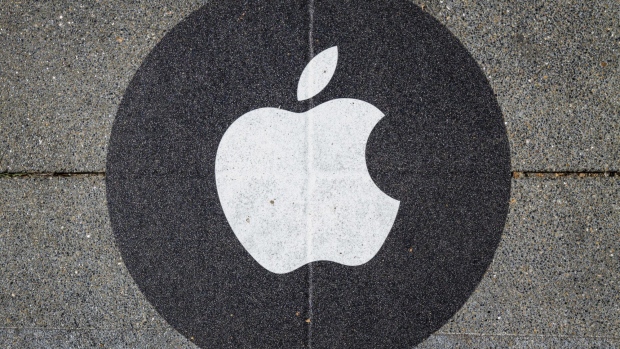
Will the Apple car be fully driverless by 2025?
BNN Bloomberg
The date is the firmest launch goal Apple has put forth since its first vehicle attempt in the mid-2010s.
Hi, I'm Mark and I cover Apple. As the iPhone maker redoubles efforts to become a player in the automotive market, you may see a lot more of me here in the coming years.
After seven years of false starts, delays and management changes, Apple is going full throttle on developing an electric car.
Under its new leader, Apple Watch software chief Kevin Lynch, the team behind the car project is now pushing hard to debut a product by 2025. It’s trying to build a vehicle that, without a steering wheel and pedals, will require no human intervention at all.
A completely autonomous car has been the holy grail for the auto industry, and is an idea that Tesla, Alphabet's Waymo and others have been chasing for years. But no company—other than Waymo, to some extent—has come close. It’s gotten increasingly difficult to envision that fully hands-free cars will be widely available in just four years.
Even with its vast resources and ambition, I don’t believe Apple will achieve the goal of a fully driverless car by 2025. That adrenaline-fueled timeline is more of a motivating factor for the team than a hard deadline, but I do anticipate them pushing hard to showcase a prototype by then. It’s the firmest launch goal Apple has put forth for its car since its first vehicle attempt in the mid-2010s.
This all fits predictably within the Apple playbook. Before Steve Jobs pulled the original iPhone out of his pocket in 2007, the late Apple founder summed up what the device was at the time: a “leapfrog” product that outperformed all existing smartphones. That’s the modus operandi defining all of Apple's major new products since then: the iPad, Apple Watch and AirPods. It stands to reason Apple will shoot for that same goal with its car: a vehicle that eliminates driver involvement with a fully hands-free experience.
